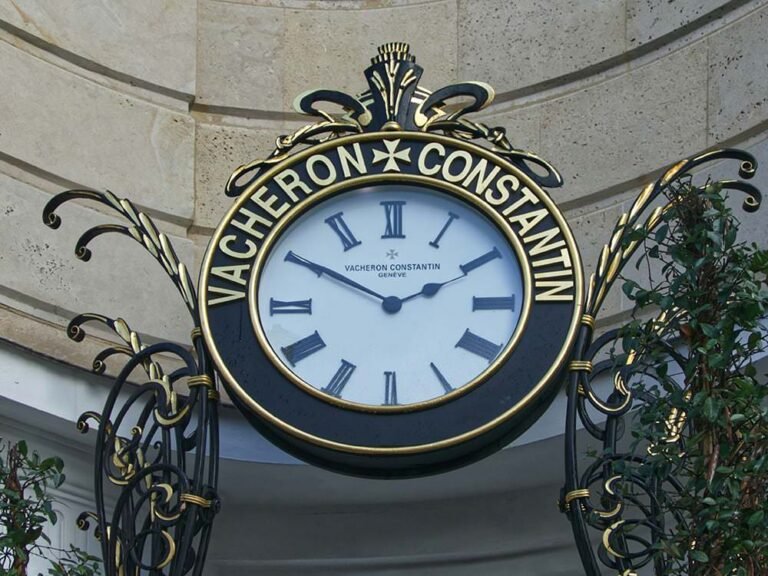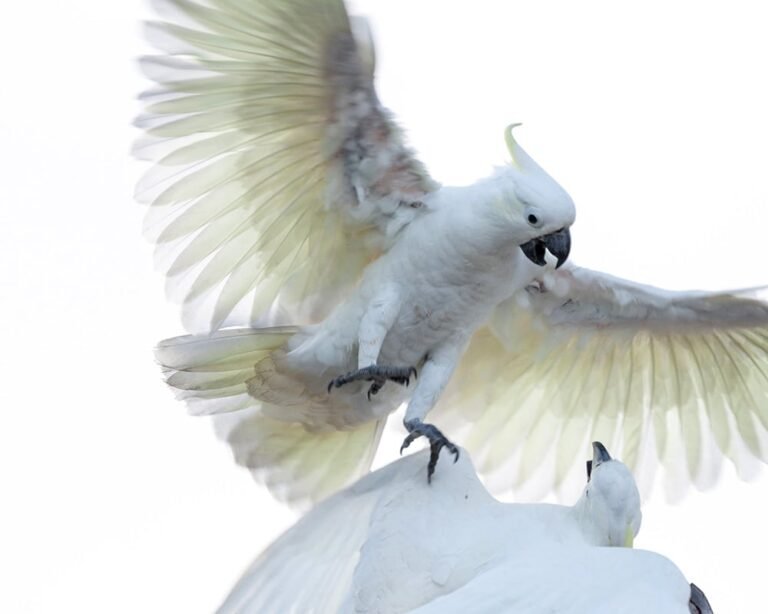le tour & la tour
Unraveling the Distinction: “Le Tour” vs. “La Tour” in French
There are a few words (homonyms) in French where the same word with the same spelling exists, but there is one meaning for the masculine version and a completely different meaning for the feminine version. So when speaking or listening, it is important to distinguish between the masculine and the feminine versions.
Le Tour (masculine)
Meaning and Usage:
“Le tour” is a masculine noun in French, and its primary meaning refers to a “turn,” “tour,” or “spin.” This term finds its application in various contexts, including sports, games, and everyday activities. Here are some examples of its usage:
- Sports: “C’est à ton tour de jouer au tennis” (It’s your turn to play tennis).
- Cooking: “Ajoutez le sucre au mélange et mélangez bien avant de continuer le tour” (Add the sugar to the mixture and mix well before continuing the process).
- Travel: “Nous avons fait le tour du monde en un an” (We traveled around the world in a year).
Etymology:
The etymology of “le tour” can be traced back to the Latin masculine noun “tornus,” meaning “lathe” or “turning.” Over time, this evolved into Old French as “torn,” and eventually, the modern form “tour” emerged. The word “tour” retained its masculine gender in French.
La Tour (feminine)
Meaning and Usage:
In contrast, “la tour” is a feminine noun in French, signifying a “tower.” As an architectural element, a tower often stands tall, commanding attention and admiration. Here are some examples of its usage:
- Landmarks: “La Tour Eiffel est un emblème de Paris” (The Eiffel Tower is an emblem of Paris).
- Fairy Tales: “Il était une fois une princesse emprisonnée dans une haute tour” (Once upon a time, there was a princess imprisoned in a tall tower).
- Defensive Structures: “Le château est entouré de remparts et de plusieurs tours” (The castle is surrounded by ramparts and several towers).
Etymology:
The etymology of “la tour” is linked to the Latin feminine noun “turris,” which translates to “tower” or “citadel.” As Old French evolved, “turris” became “tor,” and ultimately, in modern French, it evolved into “tour.” The word “tour” kept its feminine gender from the Latin original.






